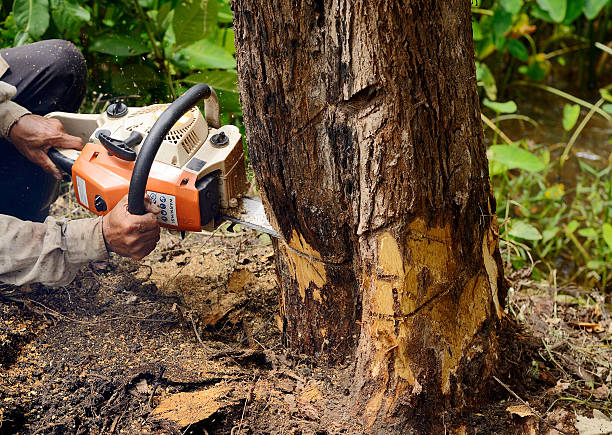All Categories
Featured
The elimination of trees can produce open areas that are prone to weed intrusion. When trees exist, their dense covers commonly color the ground, limiting the quantity of sunlight that gets to the dirt. After the elimination of trees, these open locations receive raised sunshine, supplying suitable problems for weed development.

They may suggest the use of mulch, which acts as a protective obstacle on the soil surface, protecting against weed seeds from germinating and suppressing weed growth.

The existence of trees promotes an abundant and diverse community of soil germs. Tree roots offer a source of raw material, exudates, and nutrients that support the development and activity of useful soil microbes. When trees are eliminated, the lack of their roots can disrupt the fragile balance of the soil's microbial ecological community.
How Much Should I Pay For Tree Loppers Wollongong Services?
This modification in pH can impact vitamins and mineral accessibility, microbial task, and overall soil health and wellness. To resolve the effects of tree reducing on dirt pH, tree elimination experts can provide important suggestions. They might recommend dirt testing to evaluate the current pH levels and identify the necessary adjustments. Based upon the outcomes, professionals can suggest pH change techniques, such as adding lime to elevate dirt pH or including important sulfur to reduce it.

It describes the compression of dirt bits, resulting in reduced pore space and increased soil density. This compaction can negatively influence the soil's ability to operate optimally, affecting its water-holding capability, nutrient accessibility, and root infiltration. Correct techniques used by tree elimination experts can aid decrease compaction and preserve the dirt's ability to maintain water, and permit for ample air movement and mindful devices handling.
Latest Posts
What Is The Best Tree Cutting Wollongong?
How Much Does It Cost To Have A Arborist Wollongong?
What Do Tree Arborist Wollongong Services Include?